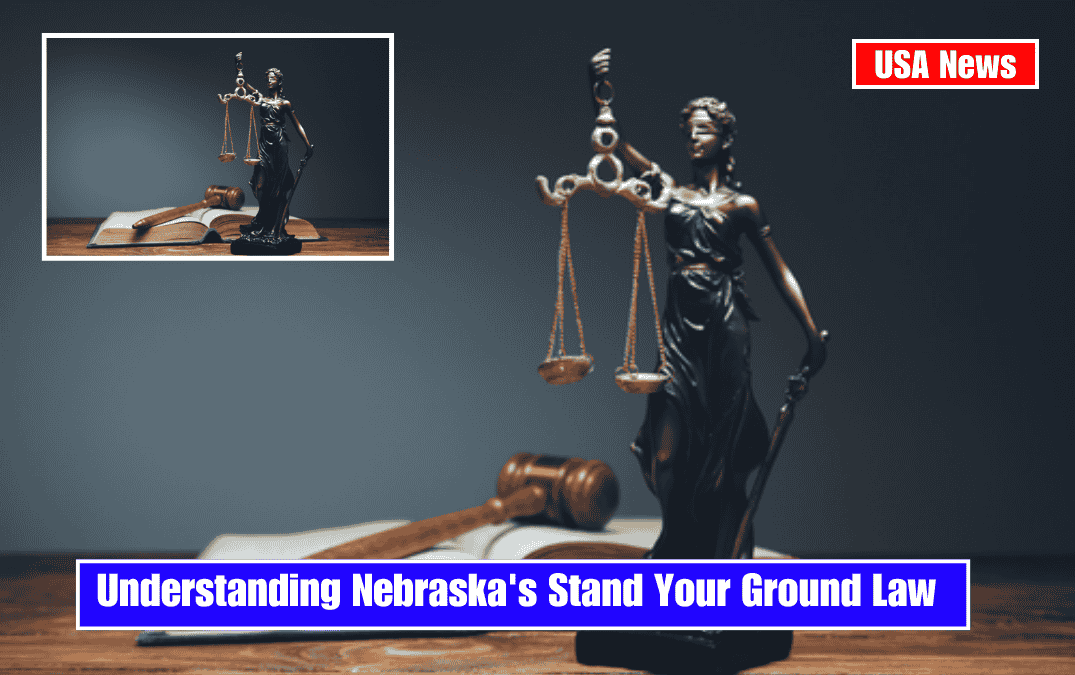On April 15, 2025, the West Virginia Supreme Court of Appeals reversed a lower court decision and reinstated workers’ compensation benefits for an auto technician whose claim for continued temporary total disability (TTD) benefits and authorization for a repeat MRI had been denied.
The case, Roger Weese v. Harry Green Chevrolet, Inc., concerned whether the claimant’s compensable “low back” injury had reached maximum medical improvement (MMI) when the claim administrator terminated his benefits and refused further diagnostic evaluation.
Roger Weese was injured on January 4, 2021, while working as a technician at Harry Green Chevrolet, Inc. During the incident, his right hand was caught between a tire and a strut, and he felt pain in his lower back that spread down his right leg.
Initially attempting to work through the discomfort, Weese stopped working on January 12 and sought medical attention. A chiropractor referred him for imaging, and subsequent tests confirmed symptoms similar to low back pain and sciatica.
On January 26, 2021, Dr. Russell Biundo diagnosed Weese with lumbar radiculopathy and possibly a herniated disc. An MRI on February 5 confirmed multilevel degenerative changes, including a right paracentral disc extrusion and an annular tear at L4-L5. On February 1, 2021, the claim was determined to be compensable for “low back,” and Weese received TTD benefits.
Weese sought treatment for recurring back pain, numbness, and weakness for several months, including physical therapy, medication, and emergency care. A functional capacity evaluation conducted on October 29, 2021, determined that, while he had improved, he was still unable to safely return to work and required additional therapy.
Dr. Joseph Grady conducted an independent medical examination (IME) of Weese on November 1, 2021, at the request of the employer. Dr. Grady concluded that Weese had reached MMI for a “lumbar sprain” and recommended that the claim be closed and benefits terminated.
However, he admitted that he did not have records from the most recent functional capacity assessment and misidentified the compensable condition. The claim had been found compensable for “low back,” not “lumbar sprain.” Dr. Grady also mentioned age-related degenerative findings but did not impose any work restrictions.
Following this report, the claim administrator issued two orders in January 2022: one closing the TTD claim and the other denying authorization for Dr. Biundo’s requested repeat MRI. The Workers’ Compensation Board of Review upheld both orders, ruling that Weese had reached MMI and that the MRI was not medically necessary because a herniated disc was not a compensable injury.
The Intermediate Court of Appeals upheld the Board’s decision, finding that no medical provider had submitted a Diagnosis Update requesting “herniated disc” as an additional compensable condition.
The Supreme Court reversed. The Court determined that the preponderance of the medical evidence demonstrated that Weese had not reached MMI when his claim was closed.
The justices emphasized that Dr. Grady’s opinion was based on the incorrect compensable condition, failed to account for the functional capacity assessment, and thus had limited value. Dr. Biundo and his team, which included physician assistant Gary P. Barcinas, consistently diagnosed Weese with a lumbar sprain and a herniated disc, and recommended that he continue treatment and undergo diagnostic imaging.
The Court also rejected the claim administrator’s argument that the MRI was unnecessary because herniated discs were not listed as compensable conditions. It determined that “low back” is a broad enough term to include a disc injury, particularly when a herniated disc was identified as a possible diagnosis prior to the claim being accepted.
The Court noted that there was no evidence Weese had pre-existing back problems, and that both treating physicians and another IME provider, Dr. Christopher Martin, believed the MRI findings were possibly related to the workplace injury.
Weese did not meet the statutory conditions for terminating TTD benefits under West Virginia Code § 23-4-7a, as she had not reached MMI or been released to return to work. The Court determined that Weese was entitled to reinstated benefits and the requested MRI.
The Court remanded the case to the Board of Review, with instructions to issue an order consistent with its decision.
The case was decided entirely using West Virginia’s workers’ compensation statutes and evidentiary standards.















